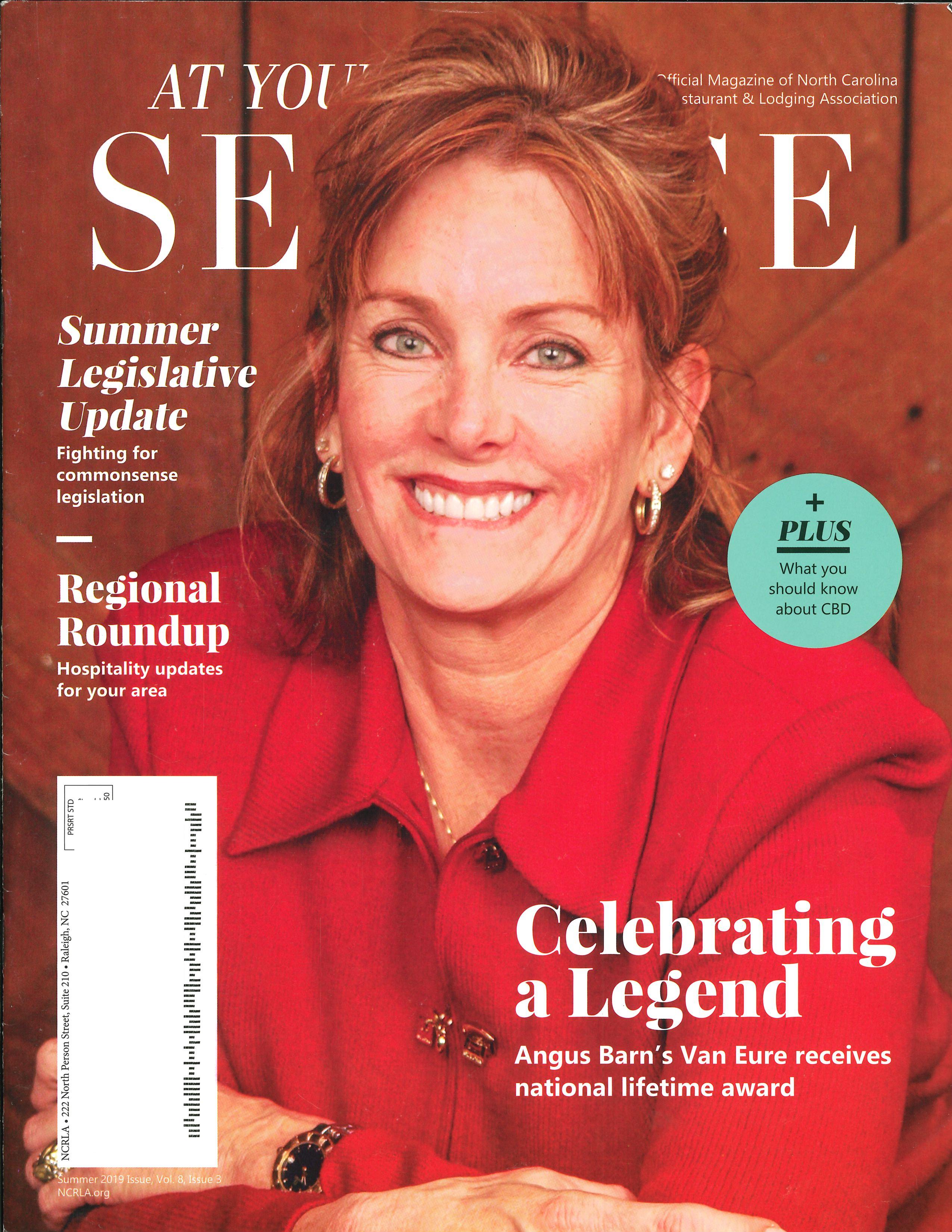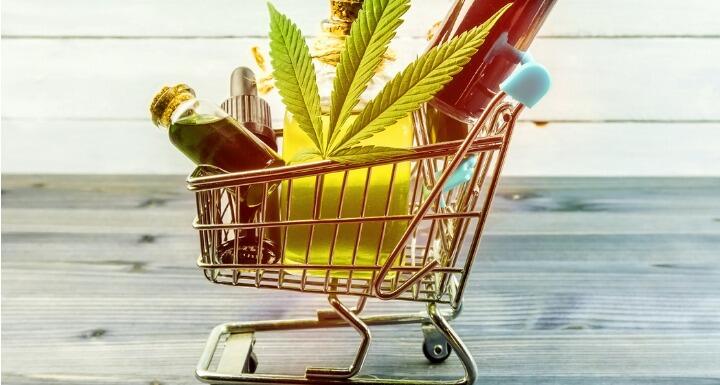Hemp-derived CBD has become the new hot product since its federal legalization.
 And retailers are looking to cash in on its growing popularity by incorporating CBD in just about anything, skincare, health products, and even food and beverages. In an article featured in "At Your Service," the official magazine for the North Carolina Restaurant & Lodging Association, hemp law attorneys Tyler Russell and Allen Trask discuss what businesses should know about using CBD in food and drinks.
And retailers are looking to cash in on its growing popularity by incorporating CBD in just about anything, skincare, health products, and even food and beverages. In an article featured in "At Your Service," the official magazine for the North Carolina Restaurant & Lodging Association, hemp law attorneys Tyler Russell and Allen Trask discuss what businesses should know about using CBD in food and drinks.
From the article:
What is CBD?
Hemp is not marijuana. Both come from the cannabis plant family but they are chemically different. Each contains various chemical compounds called "cannabinoids" – including CBD and tetrahydrocannabinol ("THC") – but the hemp plant only contains trace amounts of delta-9 THC. CBD is not intoxicating and is believed to be non-habit forming, and its proponents often claim that the cannabinoid offers a calming effect without the "high" associated with marijuana. As it stands today, hemp and CBD are legal so long as the plant (or the products derived from the plant) contain 0.3% delta-9 THC or less by dry weight.
Regulations Remain
Hemp-derived CBD is still subject to a host of laws and regulations. The Farm Bill did not change the authority of the U.S. Food and Drug Administration ("FDA") to regulate hemp and its derivatives (like CBD) under the Federal Food, Drug and Cosmetic Act. On the same day the Farm Bill passed, the FDA opined that CBD cannot be lawfully sold in food or beverage products or as a dietary supplement.
The North Carolina Department of Agriculture & Consumer Services ("Department") followed suit in February. Since then, the Department has inspected several retail businesses and issued warning letters – taking the position that it is illegal to sell any human food or animal feed in North Carolina that contains CBD, and any product that contains CBD and makes health-related claims must be approved by the FDA prior to sale. For now, however, the Department is following an "educate first" approach instead of taking enforcement action.
Other regulatory bodies have also followed the FDA's lead on CBD. For example, the Federal Tax and Trade Bureau ("TTB") – the federal body that regulates the production and sale of alcohol – recently issued an industry circular to reinforce the FDA ban on CBD in alcoholic beverages. The North Carolina ABC Commission has also indicated that it is drafting rules that address the use of CBD in alcoholic beverages. Although the FDA and TTB prohibit the use of CBD in food and beverages, they allow retailers and product manufacturers to use Generally Recognized As Safe (GRAS) ingredients – like hemp seeds and seed oil – in certain instances. And, savvy entrepreneurs have identified several loopholes and work-arounds to these general regulatory concerns.
Download the entire article to read more about the future of CBD, here. Click here for more issues of "At Your Service."





